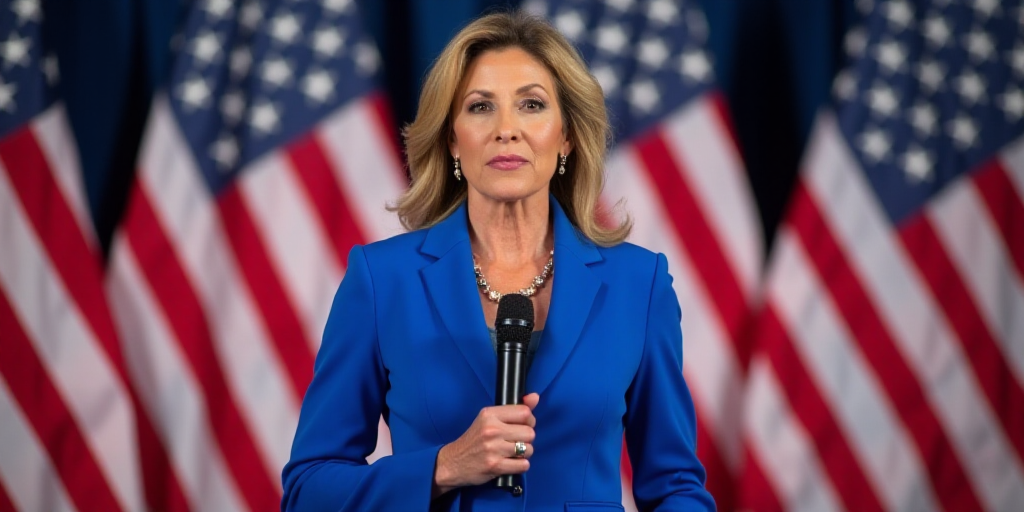Background on Claudia Sheinbaum Pardo and Her Role
Claudia Sheinbaum Pardo, the President of Mexico City and representative of the Morena party, has proposed a new telecommunications and radio-broadcasting law. This legislation aims to prevent the dissemination of foreign political propaganda on Mexican airwaves and digital platforms.
Key Provisions of the New Law
Under this proposed law, radio and television companies—both free-to-air and pay TV—as well as digital platforms, will be prohibited from broadcasting political propaganda from foreign governments. The penalties for non-compliance include fines amounting to up to 5% of their total revenue, though the specifics regarding whether these fines will be applied on a monthly or annual basis remain undetermined (Article 276).
Moreover, the draft legislation (Article 210) restricts Mexican broadcasters from airing propaganda from foreign governments, except for tourism or cultural promotion. Failure to adhere to this rule could result in the revocation of concessions or temporary blocking of digital platforms.
“Broadcasters providing restricted radio, television, or audio services in the country shall not transmit political, ideological, commercial, or any kind of propaganda from foreign governments, except for tourism or cultural promotion… Digital platforms whose content is available within the national territory shall not commercialize advertising spaces for the dissemination of advertisements, propaganda, or any information from foreign governments,” states Article 210.
Trigger for the New Legislation
The impetus behind this new law stems from a US government-led audiovisual campaign against illegal immigration that was broadcast on Mexican television and digital platforms such as YouTube. The campaign, spearheaded by Kristi Noem, the US Secretary of Homeland Security, aimed to warn about potential deportations for undocumented immigrants who remain in the United States.
In these ads, Kristi Noem stated, “Let me deliver a message from President Trump to the world: If you’re considering entering the US illegally, don’t even think about it… Criminals are not welcome in the United States.” These messages were aired during peak viewing hours, sparking widespread criticism towards broadcasters and reaching the President’s office.
Presidential Response and Legislative Action
In response to this controversy, President Claudia Sheinbaum Pardo characterized these ads as a series of “discriminatory messages” that “threaten human dignity.” Consequently, Article 210 was incorporated into the ongoing telecommunications law reform in the Mexican Congress, addressing concerns about foreign political propaganda on Mexican airwaves.
Should these regulations be disregarded, Article 109 of the new telecommunications and radio-broadcasting law allows for the blocking of platforms due to noncompliance with regulatory obligations.
Key Questions and Answers
- What is the proposed new law about? The new telecommunications and radio-broadcasting law aims to prevent the dissemination of foreign political propaganda on Mexican airwaves and digital platforms.
- What are the penalties for non-compliance? Companies found in violation may face fines equivalent to up to 5% of their total revenue, with the specific application (monthly or annually) yet to be determined.
- What types of foreign content are allowed? Foreign tourism or cultural promotional content is permitted, but political propaganda from foreign governments is not.
- What triggered this legislative proposal? A US government campaign against illegal immigration, featuring ads from Kristi Noem, the US Secretary of Homeland Security, sparked controversy and criticism.
- What happens if the new regulations are ignored? Digital platforms may be blocked due to noncompliance with regulatory obligations under the new law.






